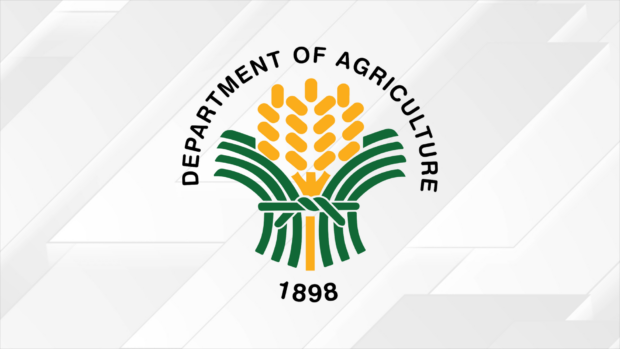DA reviewing new policies to avoid clashing with ARTA mandate
 The Department of Agriculture (DA) is conducting a regulatory impact assessment to streamline new regulations and ensure that such policies won’t cause any undue burden or cost to the agriculture sector.
The Department of Agriculture (DA) is conducting a regulatory impact assessment to streamline new regulations and ensure that such policies won’t cause any undue burden or cost to the agriculture sector.
Administrative Circular No. 1 signed on Feb. 5 ordered all agencies and units under the DA to comply with the evaluation of all draft regulatory policies and guidelines as mandated by the Anti-Red Tape Authority (Arta), which was created to address excessive bureaucratic processes and regulatory uncertainties.
“There is a need to recognize the existing policies and guidelines of Arta on the implementation of the [regulatory impact assessment] consistent with the mandate of Arta by virtue of [Republic Act No.] 11032 and other existing laws,” the circular read.
Under the law, all government agencies are required to assess the impact of proposed regulations on affected sectors of the economy. The concerned agency may implement a pilot implementation of the proposed policy to determine its regulatory impact, as needed.
All draft policies or guidelines of the DA will be subject to policy review under the Regulatory Clearinghouse System, with the Policy Research Service carrying out the initial review.
“Upon completion of the initial policy review, the Policy Research Service shall endorse the proposed regulations to the assistant secretary for policy research and development for review on the consistency with other policies and to the Assistant Secretary for Regulations for review on the consistency with other regulations,” the DA said in its order.
After completing the assessment, all proposed issuances will be endorsed to the undersecretary for policy, planning and regulations and subsequently to the agriculture secretary or head of the regulatory agency, subject to legal review.
Based on the Arta circular, the impact assessment excludes laws passed or proposed legislation by Congress; programs, projects and activities of the government; taxation or other measures purely for revenue-raising purposes; budget-related issuances related to national or operating budget; and exceptional circumstances such as emergencies, natural disasters and threats to national security, among others.
The proponent agency, however, is requested to inform the Arta in writing prior to the issuance of the exempt regulation.
The assistant secretary for regulations will serve as the secretariat and receive draft rules from proponent agencies while the undersecretary for policy, planning and regulations will exercise oversight functions in the formulation, amendment or revision of regulations. INQ
